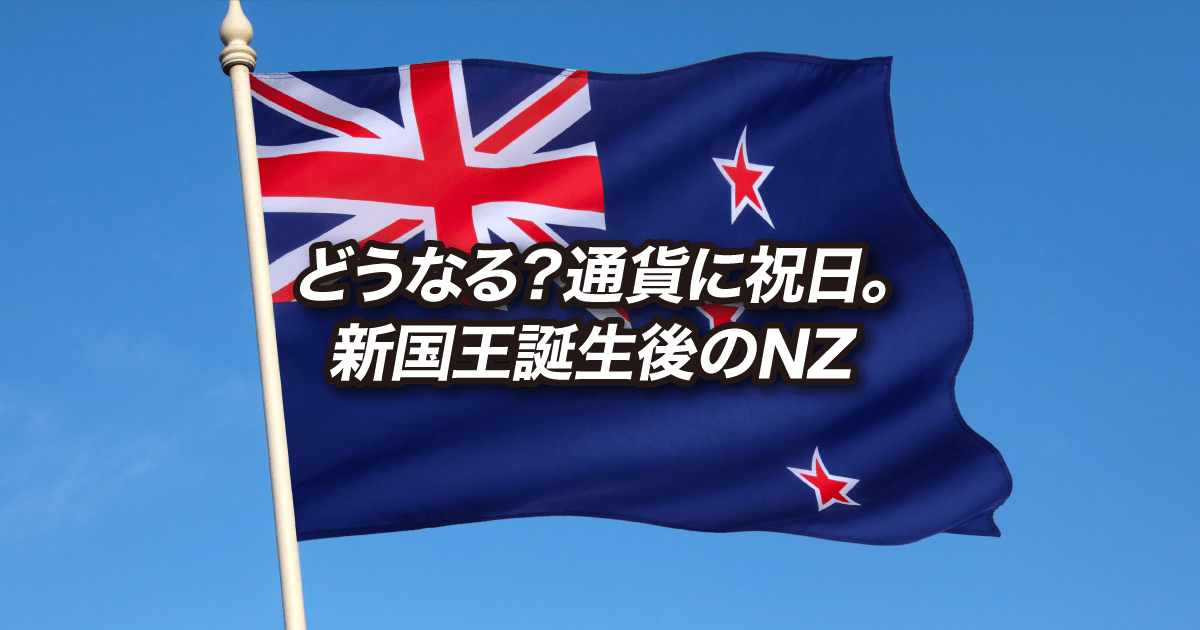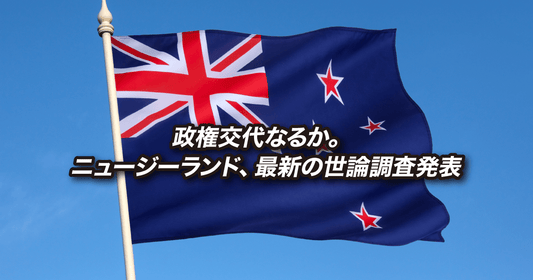
Following the death of Queen Elizabeth on September 8, Charles became the new King of the United Kingdom. On September 11, New Zealand also recognized King Charles as the new monarch of New Zealand, and a proclamation ceremony was held.
As New Zealand is a member of the Commonwealth and a constitutional monarchy, the British monarch is also the New Zealand monarch.
In Japan, the era name changes when the Emperor changes, but in New Zealand, many more things change when the monarch changes than in Japan.
Currently, Queen Elizabeth's presence can be seen everywhere in New Zealand, but what will happen in the future?
Currency changes gradually
First, let's talk about currency. Queen Elizabeth's portrait has been printed on New Zealand coins since 1953, and on banknotes since 1967.
Currently there are two types of bills: the $20 bill and the $1 coin, which was converted from a bill to a coin in 1991.
New Zealand's national radio, RNZ
“For most of us, seeing her face on our cash is the closest we get to the Queen.”
commented, delivering the news about the currency.
Not all banknotes will be changed to feature King Charles' portrait right away, but they will of course remain valid until those currently in circulation and in stock are sold out.
It will therefore be many years before all banknotes currently bearing the portrait of Queen Elizabeth are replaced with the portrait of King Charles.
National anthem title and lyrics changed
New Zealand is one of the few countries in the world that has two national anthems.
One is the familiar slogan "God Defend New Zealand," which we often hear at sporting events, and the other is "God Saves the Queen."
"God Saves the Queen" is not very familiar to many people today because it is only sung in front of the Queen and members of the royal family, but this song was originally adopted as the national anthem.
However, in 1977, "God Defend New Zealand," which had been sung as a hymn for over 100 years, was recognised as a national anthem.
"God Saves the Queen" was changed to "God Saves the King" when Charles III became the British and New Zealand monarch.
Changes to passports when they are renewed
New Zealand also has a mention of Queen Elizabeth on its passports. The message on the inside cover reads:
“The Governor-General in the Realm of New Zealand requests in the Name of Her Majesty the Queen all whom it may concern to allow the holder to pass without delay or hindrance and in case of need to give all lawful assistance and protection.”
And simply translated,
"The New Zealand Government, in the name of Her Majesty the Queen, requests all concerned to grant unhindered and prompt legal assistance and protection to the holder of this passport at all times."
It says:
Currently issued passports will remain valid until their expiration date. There is no need to change them immediately. Future passports will have the "In the Name of Her Majesty the Queen" changed to "In the Name of His Majesty the King."
Will the Queen's Birthday remain the same?
In New Zealand, the first Monday in June is a public holiday to celebrate the Queen's birthday. Although Queen Elizabeth's actual birthday is on April 21, she moved the official date of her birthday to June, when the weather is more pleasant in the summer.
June is winter in New Zealand, but just like in the UK, the Queen's Birthday is celebrated on the first Monday in June.
It has been decided that from next year, 2023, Queen's Birthday will become King's Birthday, and King Charles' birthday will be celebrated, while the date will remain the same.
With the death of the Queen and the birth of a new King, New Zealand is undergoing many changes.
In fact, there are some who say that "We should move from a constitutional monarchy to a republic." Queen Elizabeth has served as Queen for a long time and has been revered not only by the British people but also by people all over the world.
The Commonwealth currently exists for the purpose of maintaining economic stability and peace, but there are many complexities for the former colonies, especially their indigenous peoples. Now that the British royal family is facing major changes, the debate is likely to become heated again.





